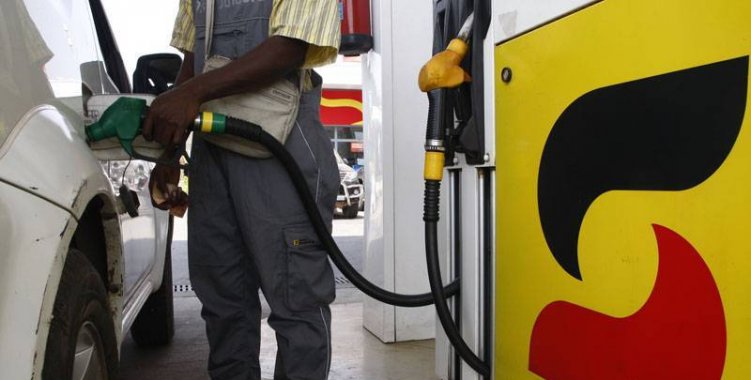According to Vera Daves, Angola is analyzing with the International Monetary Fund (IMF) and the World Bank (WB) the "possible" measures to mitigate the social impact, because the "concerns remain" regarding the potential social impact of the removal of fuel subsidies, which are very low priced and do not reflect fluctuations in the international market.
"And what we are doing with these two financial institutions is to analyze the possible mitigation measures that could be implemented if we decided to go ahead, there is still no political decision regarding that, what is happening is discussion and technical deepening within the theme", explained the official this Monday.
A liter of gasoline in Angola is being sold for 160 kwanzas, while a liter of diesel costs 135 kwanzas. In the first quarter of this year alone, the Government subsidized 339.7 billion kwanzas in fuel distributed across the country.
According to the economic newspaper Expansão, the Government agreed with the World Bank to start the gradual elimination of state fuel subsidies from the beginning of January 2023.
Speaking at the end of the meeting with the IMF joint mission, which will work in Angola over the next two weeks on a monitoring day of the post-financing program framework, Vera Daves noted that Angola "has not identified a need for new IMF financing".
Vera Daves admitted, however, work with other multilateral institutions, namely the BM and the French Development Agency and the African Development Bank (BDA) for project financing and budget support.
"They are the multilateral institutions with whom we are thinking of working to obtain financing, with the IMF it will be more in the logic of technical assistance and advice", she stressed.
Regarding the IMF joint mission, the minister underlined that it takes place within the scope of the surveillance agreement of article IV of the IMF statute to assess the evolution of the Angolan economy within the framework of the post-financing follow-up programme.
Countries that have had access to IMF financing "may, within the scope of a follow-up program, have interactions with the IMF, the country share its most recent developments, its perspectives for the future and have advice from the IMF, technical assistance in various aspects that they deem relevant".
So, she noted, "it's not a funded program like we had before, it's simply a follow-up initiative that we're taking with a view to defending what good we've achieved in the program we had with the IMF."
For Vera Daves, the joint IMF mission in Angola could also help the Angolan authorities in accelerating the reforms underway in the country aimed at diversifying the economy, "achieving an even lower inflation rate and being able to generate jobs".
The focus "now of the IMF is to see how to support us so that we get out of the macro frame a little, as a rule they focus a lot on macro achievements, but there is an increasing sensitivity of how efforts can be made for economic diversification to take place", she noted.
"And this diversification can have effects from the point of view of people's daily lives and address the social challenges we still face", concluded the Minister of Finance.
The Angolan authorities estimate an inflation rate of 15 percent at the end of 2022, while the IMF points to an 18 percent rate, mainly due to the "flexible regime" of the country's exchange rate.







